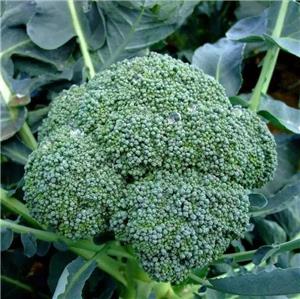-
1309-2021
How vaccines can help to prevent antibiotic resistance - Zimbabwe’s response to drug-resistant outbreaks of typhoid and cholera
Antibiotic resistance is a natural phenomenon that happens when bacteria develop the ability to defeat the drugs designed to kill them. The germs change over time, no longer responding to medicines thus making infections harder, and sometimes impossible, to treat. This, in turn, results in higher health care costs for both individuals and governments. “Preventing and controlling antibiotic resistance calls for a multi-pronged approach, of which vaccines is one”, says Dr Stanley Midzi, WHO Health Systems Strengthening Advisor.
-
1009-2021
Upcoming WHO Consultation on the Composition of Influenza Virus Vaccines for the Southern Hemisphere 2022
We wish to inform you that the WHO Consultation on the Composition of Influenza Virus Vaccines for Use in the 2022 Southern Hemisphere Influenza Season will take place virtually from 13-23 September 2021, followed by an Information Meeting on the 24 September 2021, with vaccine manufacturers and national vaccine regulatory agencies. More information is available on the website here. The WHO recommendation will be based on the analysis of recent influenza viruses worldwide.
-
0609-2021
Virtual cGMP Training Marathon for vaccine manufacturing
Many low- and middle-income countries (LMICs) face inconsistent supply of quality-assured vaccines and are therefore dependent on importation to fill the gaps in supply. It is recognized that local production can improve timely access and safeguard health security in vaccine supplies.
-
0309-2021
World failing to address dementia challenge
Only a quarter of countries worldwide have a national policy, strategy or plan for supporting people with dementia and their families, according to the WHO’s ‘Global status report on the public health response to dementia’, released today. Half of these countries are in WHO’s European Region, with the remainder split between the other Regions. Yet even in Europe, many plans are expiring or have already expired, indicating a need for renewed commitment from governments.
-
0209-2021
WHO releases new compendium of innovative health technologies for COVID-19 and other priority diseases
The COVID-19 pandemic has highlighted the need for innovative health technologies that can help countries improve health outcomes by providing shortcuts to solutions despite lack of infrastructure and resources. However, many of the new technologies that have come to market are unaffordable or unsuitable for low- and middle-income countries.
-
3108-2021
Joint Statement of the Multilateral Leaders Taskforce on Scaling COVID-19 Tools
At its third meeting, the Multilateral Leaders Taskforce on COVID-19 (MLT), the heads of the International Monetary Fund, World Bank Group, World Health Organization and World Trade Organization - met with the leaders of the African Vaccine Acquisition Trust (AVAT), Africa CDC, Gavi and UNICEF to tackle obstacles to rapidly scale-up vaccines in low- and lower middle-income countries, particularly in Africa, and issued the following statement:
-
2708-2021
WHO issues rapid communication on updated guidance for the management of TB in children and adolescents
A rapid communication released by the World Health Organization (WHO) Global Tuberculosis Programme has announced important updates to guidance on the management of tuberculosis (TB) in children and adolescents. This includes new recommendations on diagnostic options, treatment regimens, as well as treatment decision algorithms and optimal models of care for the delivery of child and adolescent TB services.




